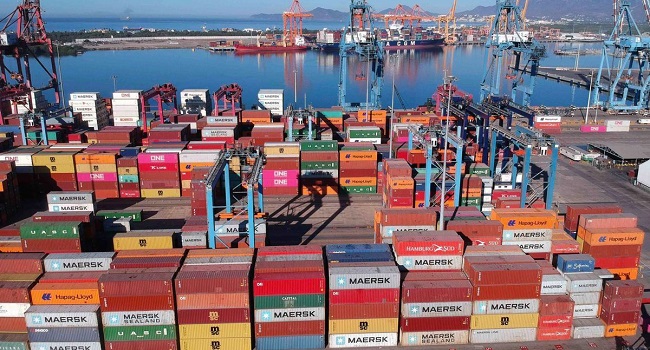The United States government has identified corruption and lack of transparency as major obstacles to trade and investment in Nigeria.
In its 2025 National Trade Estimate Report on Foreign Trade Barriers, the Office of the U.S. Trade Representative (USTR) stated that inappropriate demands for “facilitative” payments and a weak justice system continue to pose serious challenges for American companies operating in Nigeria.
“U.S. firms experience difficulties in day-to-day operations as a result of inappropriate demands from officials for ‘facilitative’ payments,” the report noted, adding that anti-corruption efforts are hampered by “inter-ministerial infighting and partisan politics.”
Concerns were also raised about the slow approval of import permits for American agricultural products. The USTR said Nigeria had failed to act on multiple requests pending since 2019, restricting U.S. access to the Nigerian market.
The report criticized Nigeria’s inconsistent application of sanitary and phytosanitary rules, which it said created confusion among exporters. It also pointed to systemic issues in customs operations, citing corruption, manual processing, and inconsistent enforcement of trade rules as significant hurdles.
Additionally, the USTR highlighted Nigeria’s complex and restrictive import regime, noting high tariffs and additional charges that far exceed West African regional limits. It also condemned the continued ban on 25 product categories, including poultry, beef, used vehicles over 12 years old, and certain consumer goods.
Efforts to modernize customs through a $3.1 billion automation project, approved in 2020, have stalled amid legal disputes, the report added.




